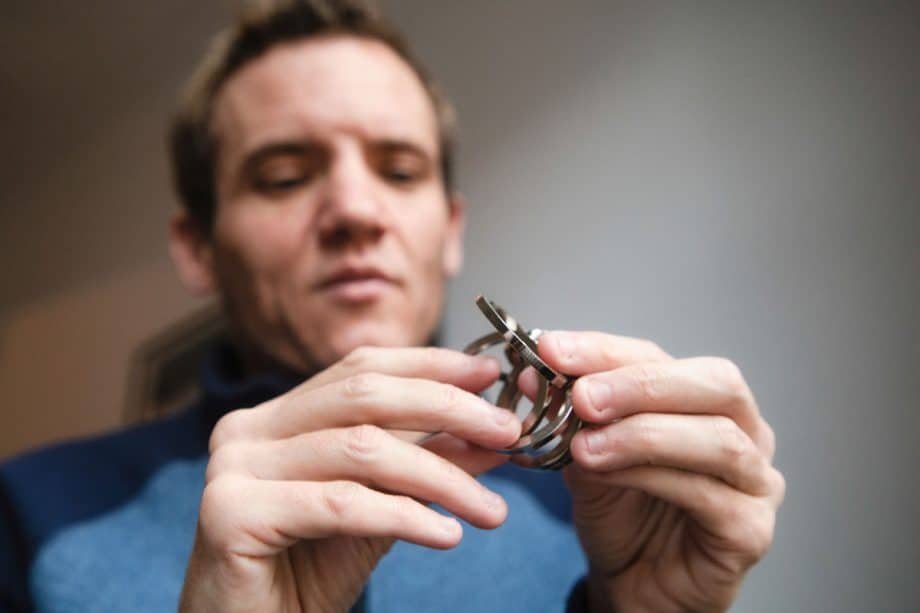ADHD (Attention Deficit Hyperactivity Disorder) is a psychiatric condition that significantly impacts an individual's daily life. In recent years, researchers have reached a fuller understanding of the disorder's symptoms in different age groups.
While young boys often receive a prompt ADHD diagnosis due to outward symptoms, the diagnosis may come later in older children, girls, and women due to different behavioral patterns.
This blog will break down the symptoms and subtypes of ADHD as well as highlight recent research that has deepened our understanding of this condition.
Symptoms of ADHD
Children and Classic Symptoms
Young boys frequently fit the most commonly known behavior patterns that we see with ADHD. To some extent, young girls may also show these symptoms, though they are more likely to internalize their symptoms.
Young children often present with:
- High levels of activity
- Fidgeting
- Interrupting when others are speaking
- Distractibility
- Trouble completing tasks
- Frequent talker
Adults
Adults have often lived with their symptoms for decades without receiving a diagnosis. Behavior patterns include:
- Habitual lateness
- Distractibility
- Disorganization
- Emotional outbursts
- Hyperfocus on interesting concepts
- Cannot focus on boring topics
- Relationship issues
- Workplace difficulties
Women
Adult women can be the most difficult to diagnose with ADHD because they have internalized their symptoms their entire lives. They may feel that their symptoms are a personal failing and unworthy of treatment. However, adult women often respond positively to compassionate care.
Common symptoms in adult women with ADHD include:
- "Scatterbrained" appearance
- Forgetfulness
- "People pleaser" temperament
- Low stress tolerance
- Overcommitment to activities
- Highly sensitive to outside stimuli
- Difficulties with time management
ADHD Subtypes
Classic
"Classic" ADHD includes the symptoms most commonly seen in young children, though it can present at any age.
Inattentive
Since these patients do not exhibit hyperactive behavior, their symptoms often go undiagnosed until later in life. They frequently lack energy and motivation, are easily distracted, and may be slow-moving.
Overfocused
This subtype includes classic ADHD symptoms but adds difficulty switching to new activities and negative thought patterns. These patients may exhibit anxious, obsessive, inflexible behavior that impacts their relationships and ability to function.
Temporal Lobe
This ADHD type causes irritability, aggression, mood instability, dark thoughts, and sometimes paranoia, in addition to the classic symptoms listed above.
Limbic
Sadness, low energy, negativity, and feelings of worthlessness characterize the limbic type when combined with classic symptoms.
Ring of Fire
These patients have an overactive cerebral cortex that causes classic ADHD symptoms in combination with others that can be challenging: anger, irritability, distraction, sensitivity, inflexibility, and mood swings.
Anxious
These patients combine classic symptoms with severe anxiety and tension. They also exhibit stress-related symptoms like headaches, stomachaches, and other physical ailments.
Current Research
Patients who feel ashamed or distressed by their symptoms, believing they are personal shortcomings, may be interested in learning about current research.
As our understanding deepens, the biological nature of ADHD becomes clear. Scientists working on the root causes of ADHD find that symptoms stem from interactions between the frontal cortex of the brain and areas that process information. This new research could lead to exciting new ways to treat the disorder and help patients achieve balance in their daily lives.
Another recent study points to a link between ADHD symptoms and cardiovascular and metabolic disease. Patients with ADHD may be more likely to develop heart disease and diabetes than their peers.
Frequently Asked Questions About ADHD
If I suspect my child has symptoms of ADHD, what should I do?
The earlier your child receives evaluation and treatment, the better their response will be. Children who receive treatment and instruction in coping skills and self-regulation have an easier time navigating life with their diagnosis. Call us as soon as possible for a consultation and involve your child's pediatrician.
Does ADHD present challenges in school?
ADHD can disrupt education because the symptoms interfere with the ability to learn. The condition also causes emotional and social difficulties that can make the school environment a challenge.
Call South County Psychiatry
If you recognize your own or your child's behavior patterns, it is never too late to receive treatment for ADHD. Medication, therapy, or a combination can often help ADHD patients feel more balanced and in control of their lives. Please get in touch with South County Psychiatry at one of our convenient locations to schedule an initial visit today.

